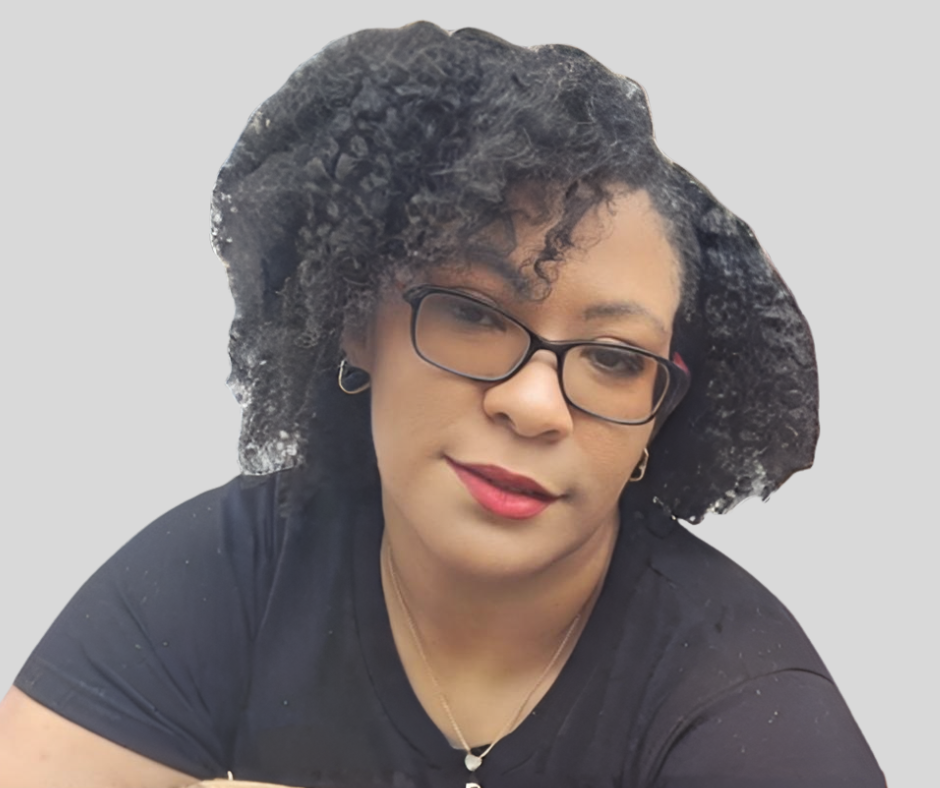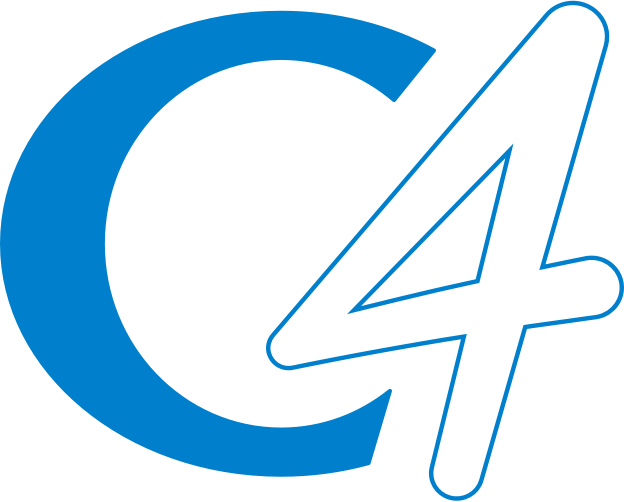Blog
Employee Spotlight: Annette Love
We sat down with C4’s new Chief Clinical Officer, Dr. Annette Love, to talk about her career in behavioral health and her plans for the agency. Dr. Love grew up in Roseland and earned her bachelor’s degree at Southern Illinois University, and she lived in both Nevada and Maryland before returning to Chicago early in the pandemic. She enjoys bike rides with her children and loves animals, including her household pets, two of which are sister guinea pigs. This interview has been edited for length and clarity.
C4: Tell us about yourself, where you’re from, where you went to school.
Annette Love: I am originally from Chicago. I’ve lived in Nevada, Maryland, and I came back to Illinois during COVID. I completed a bachelor’s degree at Southern Illinois [University]. I then completed my master’s degree in Arlington, Virginia, at the American School of Professional Psychology. I then returned to Illinois momentarily to complete my doctorate at Argosy University. I’ve been in the field of behavioral health for twenty years. I think I’ve done every job throughout my career. Housing, case management and therapy. I’ve conducted groups, including IOP, and even provided substance use treatment. I’ve touched on pretty much every gamut of service. About fifteen years ago is when I started my administrative track. My first supervisory role was as a team lead on a case management team in Washington, D.C. My second role was as an ACT supervisor. From that point, I eventually arrived to where I am today.
C4: You’ve done so many types of therapy. Do you have a tenure that you really loved?
AL: As far as theoretical orientation, I’ve always been solution focused. I’m also big on mindfulness – if I have to get into techniques – because when we fester in the past or worry about the future, we can’t stay present. So, I try not to worry about what we can’t change, or what we can’t control, and figure out how we can make best use of where we are here and now. That’s my theoretical approach.
C4: What does a typical day look like for you? How would you describe the position you currently hold and what makes it important to C4 and the community?
AL: I am a morning thinker. Once I get up and stretch my legs, I’m usually sending messages to the office. I’m sending Mr. [Kerri] Brown a message at 6:30 in the morning, I’m sending Laurie [Mullin] messages at 7 a.m. I record my thoughts, so if I’m commuting to work, I’m thinking about strategizing, how to fix the problem, and I record my thoughts. Once I arrive, I’m doing a lot of communicating. Initially, I focus on learning the landscape. That eventually transitions to learning the barriers and holes that need to be plugged, and then I transition into executing strategies. Day-to-day is a lot of talking, a lot of thinking, and once I get home my brain usually hurts. If anyone comes up with a problem, I’m trying to think of two or three different ways we can solve it, just so that we can start the brainstorming process. Some things might not fit, but at least it has us thinking. Right now, that’s what a typical day looks like. I’m sure that will shift as my position develops, but my goal is to not only grow our clinical programs, but also really continue to enhance our reputation as an organization. Just being consistent, and at the end of the day, helping the people who are in dire need of our services.
C4: Since you’ve had the chance to work in so many supervisory and administrative roles, we wanted to ask if you could tell us about an experience working with a clinician or a team that helped you grow as a leader, and how it changed the way you approach work.
AL: Moving from peer to supervisor was likely one of my most challenging experiences. Shortly after, I managed a team that worked together for many years. I learned early on that at the end of the day, mutual respect is one of the most important aspects of leadership. It’s not about who’s done what longer or better, it’s about timing and need. If this is your (or another person’s) time to fill a need, we should respect that position, mutually, and work together to accomplish what should be the same goals.
C4: What’s one thing you want people outside the sector to know about the work C4 does? What is your vision for the upcoming year?
AL: I want those outside the sector to know that we have a group of dedicated people who are determined to serve our communities. With some of the challenges the organization has experienced, the fact that people are still here and still committed, tells me they care about what they do. I don’t believe in being a jack of all trades, master of none. My goal is that we master what we’re doing, and we evidence that mastery. We can talk about it all day, but the proof is in the pudding. My goal for this next year is to show the world what we do through evidence of the lives we’re impacting.



